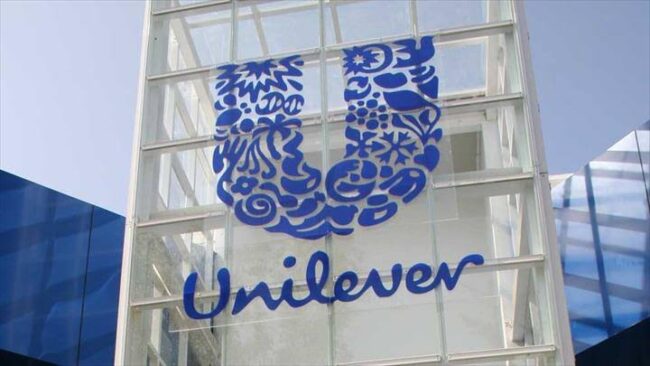MTN Nigeria has positioned data services as the engine room for earnings growth in line with the changed communication pattern of the coronavirus-induced physical restrictions. Data revenue is on the upward run for the second year, providing the spur for the company’s top record revenue numbers.
The communications company grew revenue from data services by roughly 43 percent in the first quarter ended March 2021. This is further to over 51 percent jump in data earnings at the end of last year. The upturn in data services led a 17 percent growth in turnover the company registered at the end of the first quarter.
Data revenue is taking an increasing space in the company’s revenue basket. Its contribution to the company’s total revenue has continued to expand from less than 19 percent at the end of 2019 to close to 25 percent in 2020 and further to over 27 percent at the end of the first quarter of 2021.
On the other hand, the company’s main revenue line – airtime/subscription, continues to lose it dominant share of revenue. It accounted for 54 percent of total revenue at the end of the first quarter, down from 59 percent year-on-year and a continuing drop from 62 percent in 2019.
Advertisement
MTN Nigeria closed the first quarter operations with a turnover of N385 billion last March, which is a year-on-year growth of 17 percent. This represents an accelerating growth in revenue from 12 percent in 2019 and 15 percent in 2020.
The company recorded improvements across its key income lines over the review period. It generated N208.6 billion from airtime/subscription, which is an improvement of 7.5 percent year-on-year.
Data revenue amounted to about N106 billion, which is the leading increase of 42.8 percent year-on-year. This reflects the beneficial position of the telecoms sector from the major shift to virtual activities in the aftermath of the coronavirus pandemic, of which MTN Nigeria is the market leader.
Advertisement
Also, income from SMS advanced more than three times year-on-year to close at N10.7 billion for the quarter. Interconnect and roaming income grew by 17 percent to N39 billion and value added services leaped by 25 percent to over N14 billion.
The only major revenue weakness for the period came from digital services, which went down by 59 percent to less than N4 billion at the end of the first quarter.
A strong growth in profit is equally happening this year for the telecom company, doubling up from a marginal improvement at the end of 2020. It posted an after tax profit of N73.7 billion at the end of the first quarter, which is a top record growth of 42.5 percent year-on-year.
The growth in profit is two and half times the 17 percent growth in turnover. This reflects the gains in revenue as well as cost savings that boosted profit margin.
Advertisement
A big cost saving was made from finance expenses — which dropped by 20 percent year-on-year to N31 billion in the first quarter. This is a sudden change of course from an increase of 18 percent in cost of finance to N144 billion at the end of last year.
Some other key expenses of the company such as operating costs remained generally on the increase, making fresh incursions into revenue. Direct network operating cost — the company’s biggest expenditure line — led the cost increases with a rise of about 30 percent year-on-year to stand at roughly N94 billion at the end of the quarter.
The cost-income balance showed a relative cost moderation that permitted an increase of 20 percent in operating profit to N133 billion at the end of the first quarter. The drop in finance expenses provided a further diluting factor to the cost increases, which made room for an improvement in profit margin during the review period.
An improvement in the ability to convert revenue into profit is the high point of MTN Nigeria’s operations in the first quarter. Net profit margin rose from 15.7 percent in the same period last year and from 15.2 percent at the end of 2020 operations to 19.4 percent at the end of March 2021.
Advertisement
The impact of the drop in finance expenses is significant in the performance results of the company in the first quarter. Finance expenses claimed a significantly reduced proportion of operating profit at 23.5 percent in the first quarter compared to 35.6 percent in the same period last year.
Whether or not the reduction in finance expenses would be sustained in the course of the year is a point to watch in subsequent interims. This is in the light of increasing borrowings and leases that closed at over N535 billion and N685 billion respectively at the end of the first quarter.
Advertisement
Add a comment







